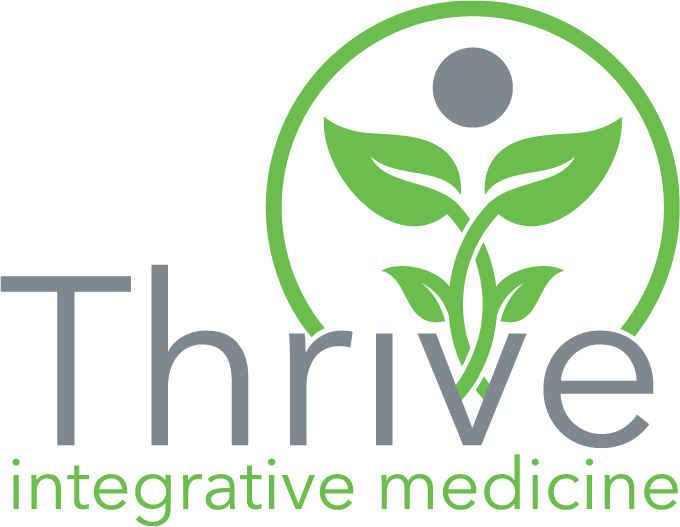Your gut; more than just a tube
Have you ever wondered where the term “gut feeling” comes from and why it seems to be eerily accurate at times? That feeling, deep down, when you’re doing something wrong; Or when you just know you have to call home because something bad just happened; Or maybe after the stomach flu or antibiotics, you just don’t feel yourself for a while…
As it turns out, there is a strong connection between your brain and your gut. Or more accurately perhaps, your brain, your gut, and the trillions of bacteria that live in there.
The gastrointestinal tract, referred to here as the gut, is more than just a tube with an entry and an exit. It provides a more vital role in health than simply making food more flushable when we’re done with it. It does more than gurgle, cramp, bloat, bulge, and create embarrassing moments. Yes, the gut is one of the most fundamental aspects of your health!
The primary function is to take food and water, mix them up, break them down, and pull out the necessary nutrients while excreting unwanted toxins; we call this process digestion. It all starts with a mixture of digestive enzymes that are released to help break down said food bits. But the first release of enzymes occurs even before you put food in your mouth; it starts just from talking about, thinking about, and smelling delicious food.
Also in this milieu of food bits, water, and enzymes are our friendly local bacteria. They are mingling with food while it is being broken down, assisting in the process, sorting good from bad, and acting as both infantry and messenger for the immune and nervous system. Here too is where the majority of some neurotransmitters (such as serotonin) are formed. Where we either fight an infection, create an allergy, get sick, or get nourished.
Unfortunately, sometimes things go awry.
When the bacterial or functional ecosystem of our gut gets out of balance we can get things like irritable bowel syndrome (IBS), bacterial or fungal overgrowth, constipation/diarrhea, gas, bloating, cramping, fatigue, mental fogginess, joint pain, anxiety, depression, weight gain/loss, etc.
We can become less efficient at breaking food down because of a lack of enzymatic production, low gastric acid or inappropriate motility. Indigestion can occur as a response to a food intolerance, a symptom of a hiatal hernia, high or low acid states, or improper muscle tone. And the list goes on.
So what can we do about it?
As with any good solution, it depends on the cause of the problem. If you’re eating standing over the sink while simultaneously feeding the dog, dressing the kids and running out the door, chances are that you’re not producing those helpful enzymes. We have to sit and eat, smell our food and let our body rest and digest in parasympathetic bliss.
What about accidental genocide of those good bacteria from antibiotics or poor food choices? In such cases of total destruction, it might be a good idea to take a supplemental probiotic to help “re-colonize” your devastated gut ecosystem. A lot of what ails us is a product of what is happening in the gut. Consequently, by understanding what’s happening ‘down there’, we can better understand what’s happening ‘up here’.
All this to say, take care of your gut and understand that there is more going on than meets the eye. And, as the old saying used to go (no lie); if you have “guts for someone” ask them out on a date- that intestinal milieu of chemicals, bugs and signals might just know what’s best.
- Dr. Laing
